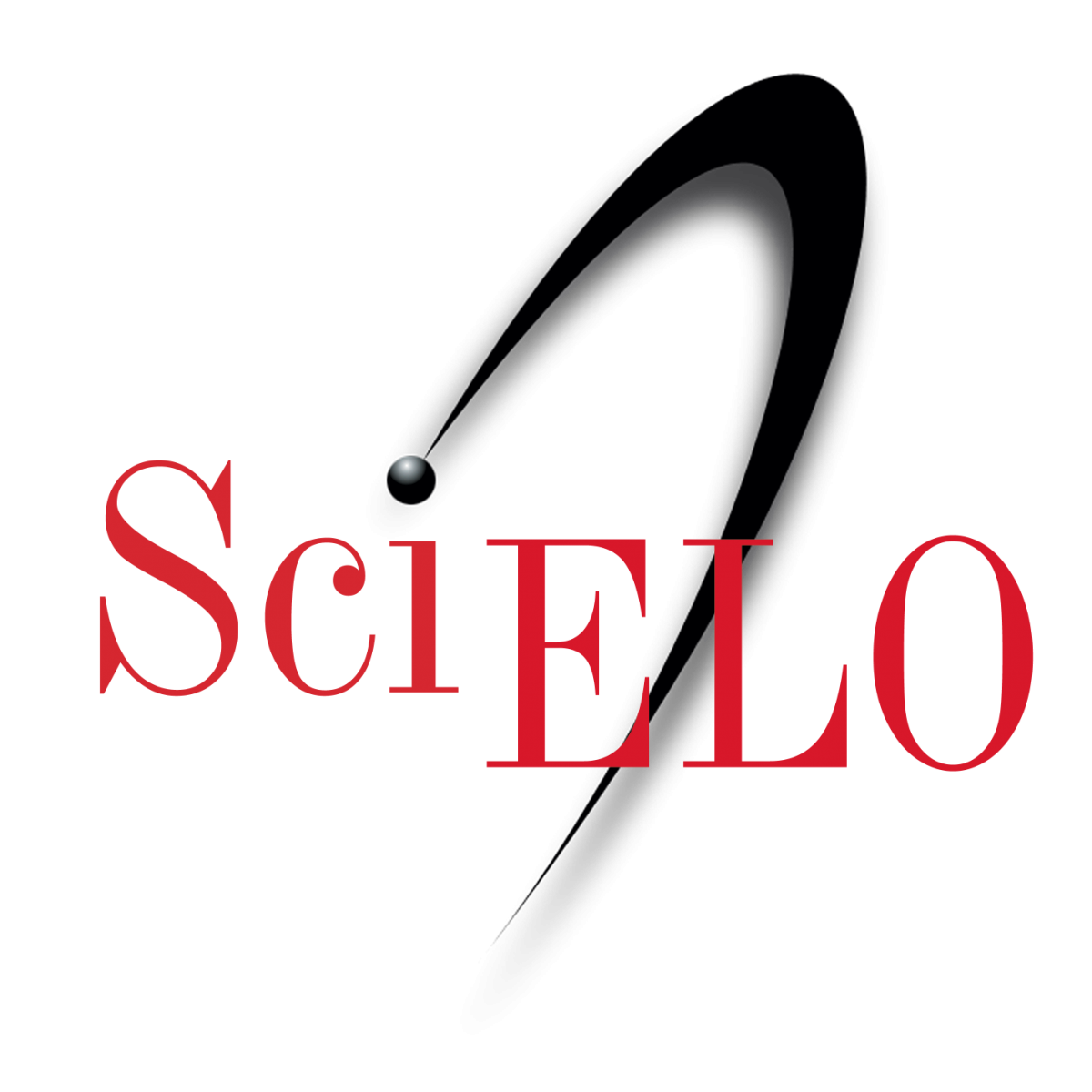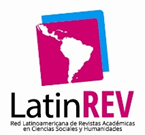Uso da Aprendizagem Baseada em Projeto e Scrum para o desenvolvimento de um MOOC: um Relato de Experiência
DOI:
https://doi.org/10.21703/rexe.v23i51.2143Keywords:
Aprendizagem baseada em projetos, Gerenciamento de Projetos, Método Scrum, Sequência Didática, Curso MOOCAbstract
The emergence of new technologies makes it necessary for new teaching strategies to be incorporated into the classroom. In this sense, in this work, we report the experience of using a teaching methodology based on Project-Based Learning in association with the Scrum method - traditionally used for the management of software projects - in a non-software project, a MOOC course, developed by students of the discipline of Special Topics in Educational Informatics of a Bachelor's Degree in Computer Science throughout a semester. The data were collected through a questionnaire and evaluated quantitatively and qualitatively. Preliminary results show promising scenarios regarding the perceived learning gain of the students, the acquisition of skills and the student's motivation with the proposed methodology.
Downloads
References
Adamopoulou, E., & Moussiades, L. (2020). An overview of chatbot technology.
Artificial Intelligence Applications and Innovations: 16th IFIP WG 12.5
International Conference, AIAI 2020, Neos Marmaras, Greece, June 5–7, 2020,
Proceedings, Part II 16, 373–383. https://doi.org/10.1007/978-3-030-49186-4_31
Alves, C. F., & Matos, M. E. (2017). Sequência didática para conteúdo de engenharia de software. Revista Brasileira de Ensino de Ciência e Tecnologia, 10 (3), 266–279. https://doi.org/10.3895/rbect.v10n3.4645
Badali, M., Hatami, J., Banihashem, S. K., Rahimi, E., Noroozi, O., & Eslami, Z.(2022). The role of motivation in MOOCs’ retention rates: A systematic literature review. Research and Practice in Technology Enhanced Learning, 17 (1), 1–20. https://doi.org/10.1186/s41039-022-00181-3
Bender, W. N. (2015). Aprendizagem baseada em projetos: Educação diferenciada para o século XXI. Penso Editora.
Choudhury, S., & Pattnaik, S. (2020). Emerging themes in e-learning: A review from the stakeholders’ perspective. Computers & Education, 144, 103657. https://doi.org/10.1016/j.compedu.2019.103657
Costa, T. M., Lima, J. R. C., & Santiago, C. P. (2023). Ensinando pensamento computacional para alunas de disciplinas introdutórias de programação no ensino técnico através de um MOOC. Anais do III Simpósio Brasileiro de Educação em Computação, 347–358. https://doi.org/10.5753/educomp.2023.228361
Damasceno, A. (2022). Engenharia de software com metodologias ativas no ensino remoto: Eficácia percebida e satisfação do aluno em foco. Anais do XXVIII Workshop de Informática na Escola, 122–131. https://doi.org/10.5753/wie.2022.225150
Delhij, A., van Solingen, R., & Wijnands, W. (2015). The eduScrum Guide. The rules of the Game.
Ferreira, V. G., & Canedo, E. D. (2020). Design sprint in classroom: Exploring new active learning tools for project-based learning approach. Journal of Ambient Intelligence and Humanized Computing, 11, 1191–1212. https://doi.org/10.1007/s12652-019-01285-3
Guàrdia, L., Maina, M., & Sangrà, A. (2013). MOOC Design Principles: A pedagogical approach from the learner’s perspective. Elearning papers, (33).
Koehler, D., Serth, S., & Meinel, C. (2021). Consuming security: Evaluating podcasts to promote online learning integrated with everyday life. 2021 World Engineering Education Forum/Global Engineering Deans Council (WEEF/GEDC), 476–481. https://doi.org/10.1109/weef/gedc53299.2021.9657464
Kuckartz, U. (2013). Qualitative text analysis: A guide to methods, practice and using software. Qualitative Text Analysis, 1–192.
Lima, J. V. V., Silva, C. A. D., de Alencar, F. M. R., & Santos, W. B. (2020). Metodologias ativas como forma de reduzir os desafios do ensino em engenharia de software: Diagnóstico de um survey. Anais do XXXI Simpósio Brasileiro de Informática na Educação, 172–181. https://doi.org/10.5753/cbie.sbie.2020.172
Paschoal, L. N., & Souza, S. d. R. S. (2018). Uma experiência sobre a aplicação de aprendizagem baseada em projetos com revisão por pares no ensino de gestão de sistemas de informação. Anais do XXVI Workshop sobre Educação em Computação. https://doi.org/10.5753/wei.2018.3504
Pasqualetto, T. I., Veit, E. A., & Araujo, I. S. (2017). Aprendizagem baseada em projetos no ensino de física: Uma revisão da literatura. Revista Brasileira de Pesquisa em Educação em Ciências, 551–577. https://doi.org/10.28976/1984-2686rbpec2017172551
Pham, A., & Pham, P.-V. (2011). Scrum em ação. Novatec Editora.
Salza, P., Musmarra, P., & Ferrucci, F. (2019). Agile methodologies in education: A review. Agile and lean concepts for teaching and learning: Bringing methodologies from industry to the classroom, 25–45. https://doi.org/10.1007/978-981-13-2751-3_2
Santiago, C. P., Menezes, J. W. M., & de Aquino, F. J. A. (2023). Proposta e avaliação de uma metodologia de aprendizagem baseada em projetos em disciplinas de Engenharia de Software através de uma sequência didática. Revista Brasileira de Informática na Educação, 31, 31–59. https://doi.org/10.5753/rbie.2023.2817
Schwaber, K. (1997). Scrum development process, business object design and implementation. 10th Annual Conference on Object Oriented Programming Systems, Languages, and Applications Addendum to the Proceedings. ACM/SIGPLAN October, 117–134.
Valente, M. T. (2020). Engenharia de software moderna. Princípios e Práticas para Desenvolvimento de Software com Produtividade, 1, 24. https://engsoftmoderna.info/.
Winkler, R., & Söllner, M. (2018). Unleashing the potential of chatbots in education: A state-of-the-art analysis. Academy of management annual meeting (AOM).
Downloads
Published
Issue
Section
License
Copyright (c) 2023 Cynthia Pinheiro Santiago, José Wally Mendonça Menezes, Francisco José Alves de Aquino

This work is licensed under a Creative Commons Attribution 4.0 International License.
Open Access Policy
This journal provides immediate open access to its content, based on the principle that offering the public free access to research fosters greater global knowledge exchange.
License
The REXE Journal, “Journal of Studies and Experiences in Education,” published by the Faculty of Education at the Universidad Católica de la Santísima Concepción, is distributed under a License. Creative Commons Atribución 4.0 Internacional.






